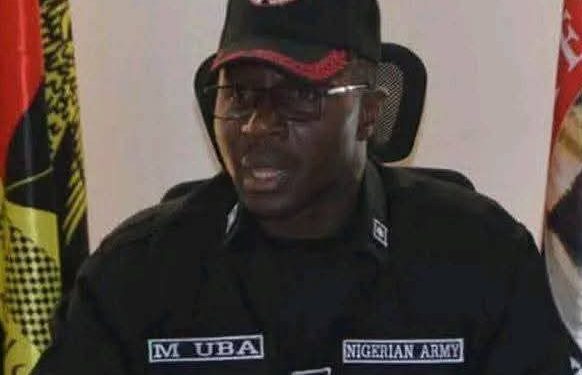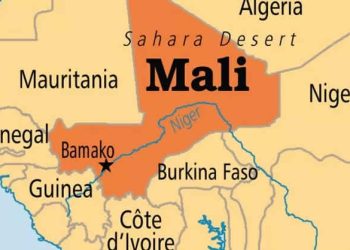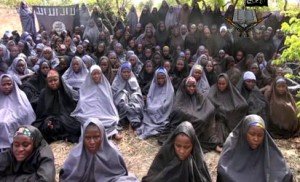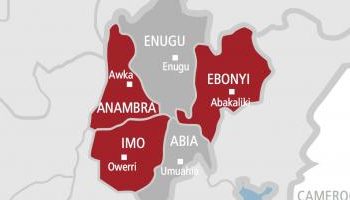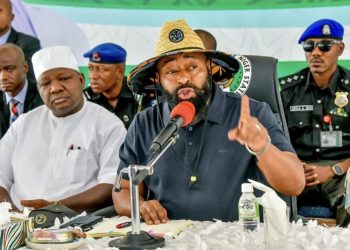The brutal execution of the Commander of the 25 Task Force Brigade, Musa Uba (a brigadier-general), by ISWAP terrorists in the Damboa-Biu, Borno State, must galvanise Nigeria to defeat the 16-year-old insurgency in the North-East.
Nigeria should beef up its military’s search and rescue capacity to outsmart the jihadists.
Despite reported efforts by the military to rescue the general after his team ran into an ambush by ISWAP, the terrorists later captured him alive.
After interrogation, which they recorded on a viral video, they swiftly executed him. That was after two soldiers and two members of the Civilian Joint Task Force had paid the supreme price as part of an advance team against the terrorists.
Nigeria must quickly recover from this blow.
Questions are still being asked as to how the ambush escaped the attention of the Nigerian Air Force.
Nigeria has lost so many members of the Armed Forces, security and paramilitary agencies to the deadly insurgency. Vital equipment has also been lost, including the military hardware displayed in the ISWAP video.
Nigerians were shocked when news broke that terrorists abducted Uba on November 14.
However, heartwarming news about his reported escape from the ambush dispelled the initial fears. There were conflicting accounts from the military and other sources about his exact location after the escape.
Some accounts said he returned to base, while others declared that he was lost in the forest while trying to find his way on foot.
Subsequent reports that he was eventually discovered by the insurgents and summarily executed darkened the national mood, coming 24 hours after the abduction of 25 female pupils of the Government Girls’ Comprehensive Senior Secondary School in Maga, Kebbi State by terrorists.
Uba reportedly put in commendable service to the country in various battles against the insurgents and was such a key target of Boko Haram and ISWAP, according to Premium Times.
Before Uba’s death, ISWAP had also killed the commander of the 28 Task Force Brigade, Dzarma Zirkusu (a brigadier-general), and four soldiers during a fierce encounter in Askira Uba LGA of Borno State in November 2021.
It is imperative for the military to thoroughly investigate Uba’s killing. It should not treat this matter as yet another set of statistics but owes the country the responsibility to unearth any iota of sabotage in the saga.
It should investigate how his WhatsApp chats with the Air Force reportedly leaked to the public and, by extension, to ISWAP.
There are speculations that when the military debunked news of his abduction, insurgents within the area began searching for him.
Reports said they described him as a “goldfish,” depicting the high value they placed on their target. That he was eventually captured despite the presence of Air Force jets in the area leaves a bitter taste in the mouth.
Nigeria has lost yet another gallant senior officer. With his death goes millions of naira invested in his training and deployments at home and abroad.
In 2018, the National Commission for Persons with Disabilities said it had integrated 700 ex-military personnel who were dismissed from the military after the Boko Haram insurgents amputated their legs into its system.
So, the Nigerian military needs all the help it can get to defeat the terrorists. It is evidently overstretched, being a key player in internal security matters, which ought to be primarily handled by the Nigeria Police Force.
President Bola Tinubu should seek help at this juncture from international powers with superior intelligence and firepower.
Two generals, as well as several officers and the rank-and-file soldiers, have lost their lives to the insurgency. Nigeria can ill-afford to continue to pay this heavy price.
According to The Conversation, there have been reports of combat stress or fatigue among soldiers of the Lake Chad region countries.
Nigeria’s total Armed Forces personnel were estimated at 230,000 in 2020. It points to the tepid commitment of the countries to the Multinational Joint Task Force, established by Nigeria in 1994 to checkmate trans-border banditry around the Lake Chad Basin.
Given ISWAP’s resurgence and growing sophistication, scaling this conflict to full-blown war status may be necessary to empower the military to respond more effectively to these terrorists.

